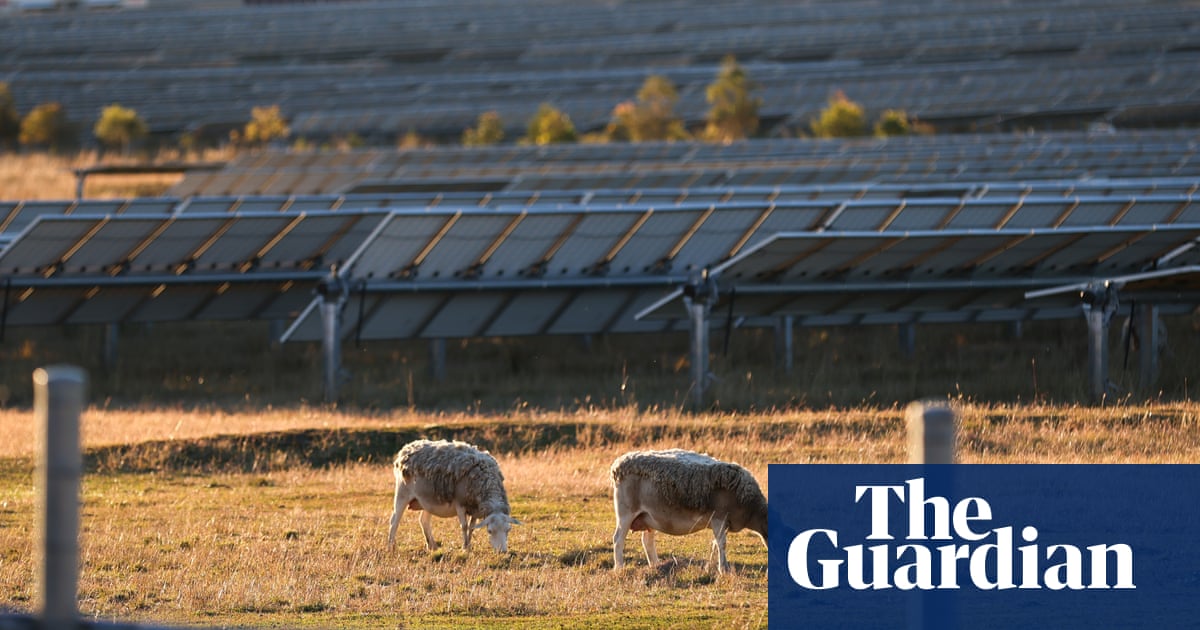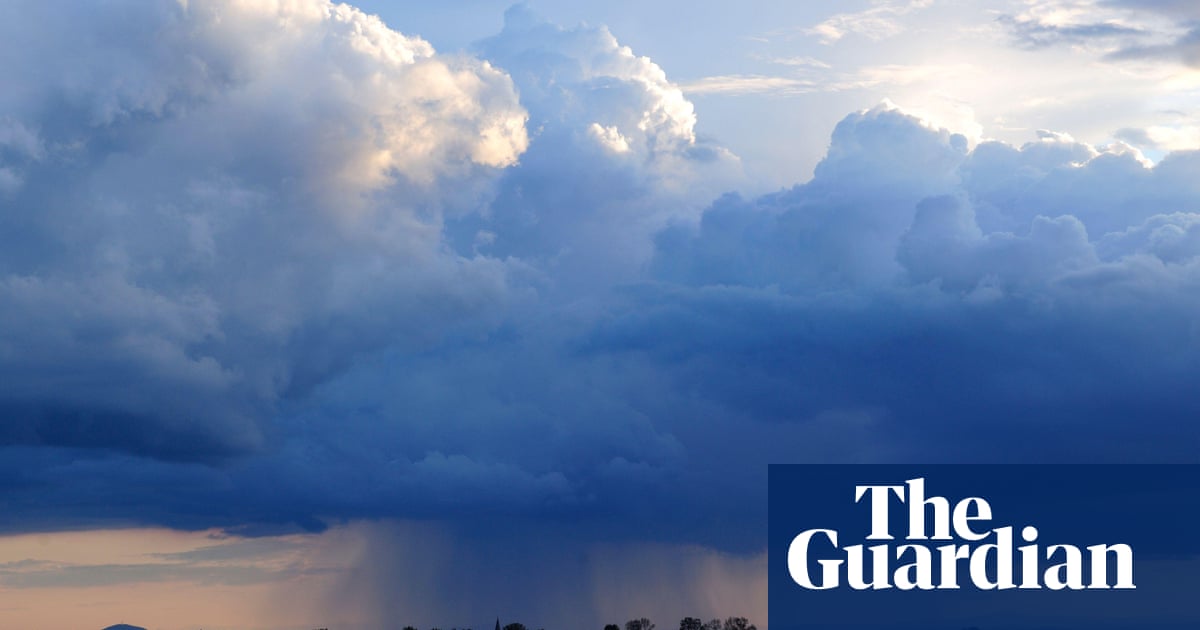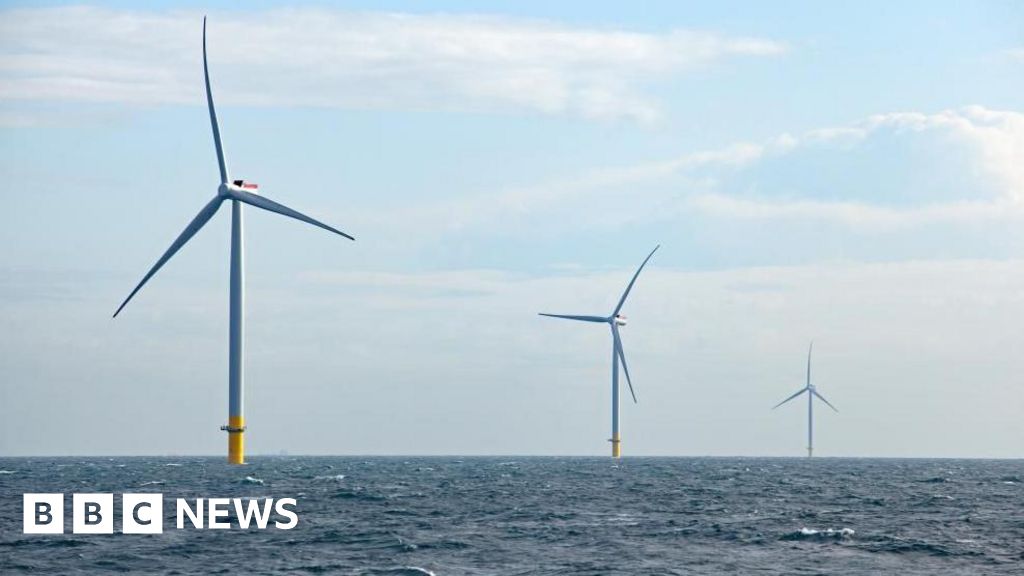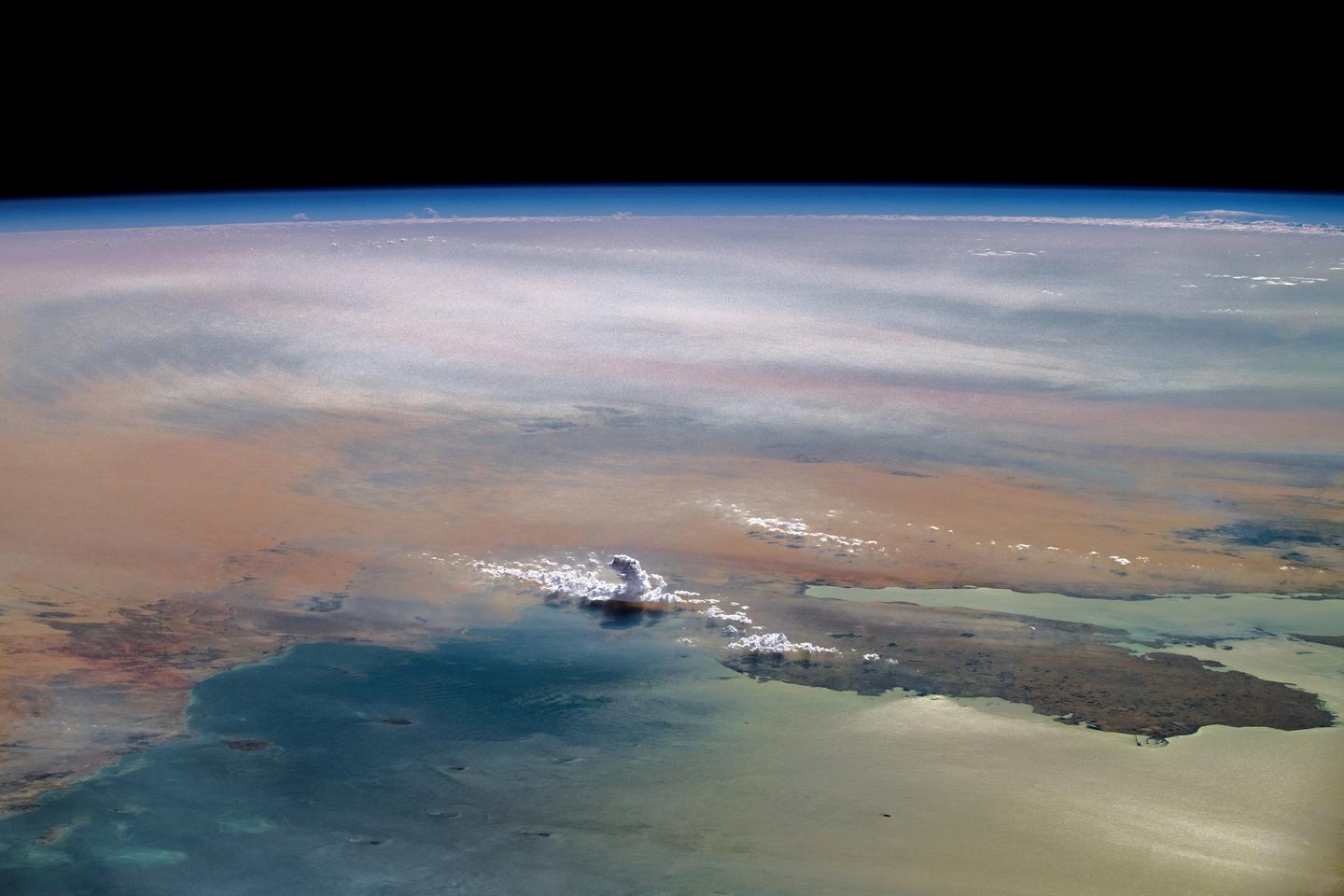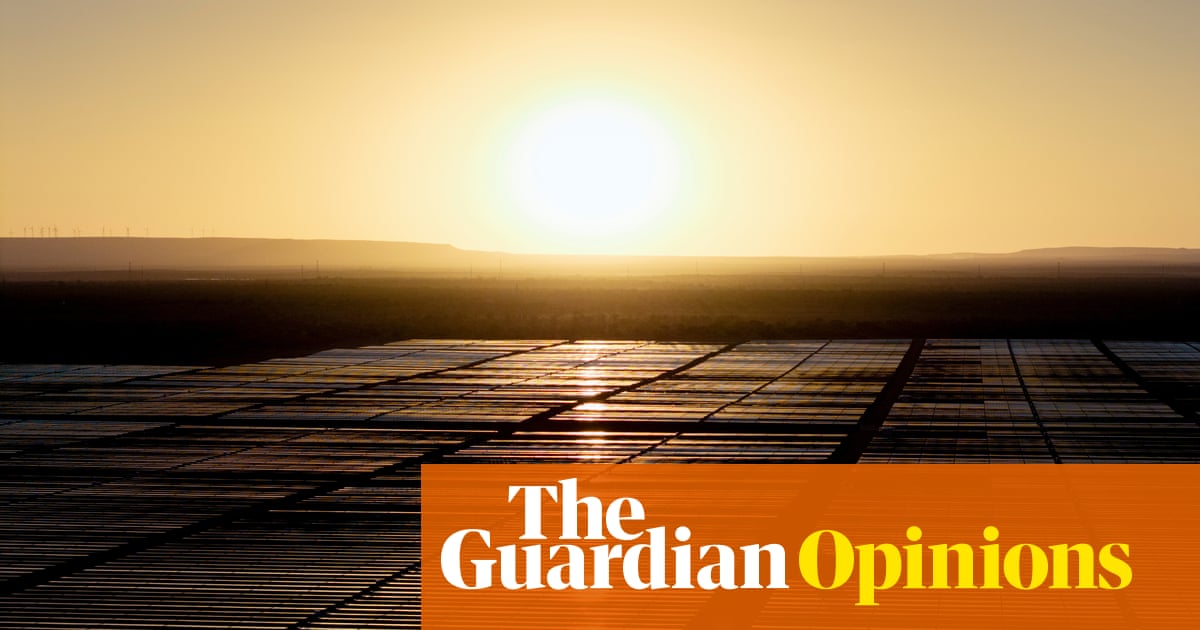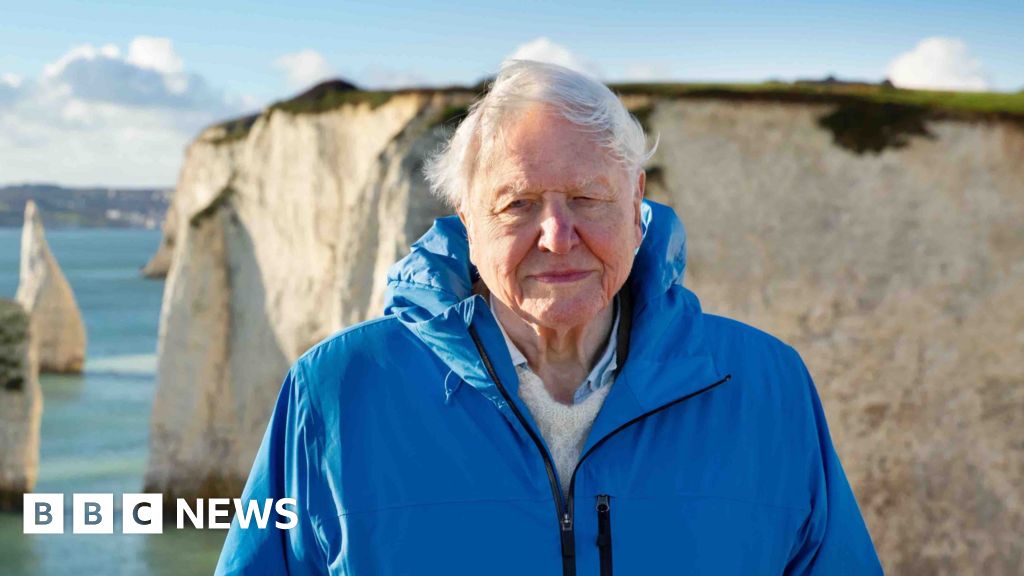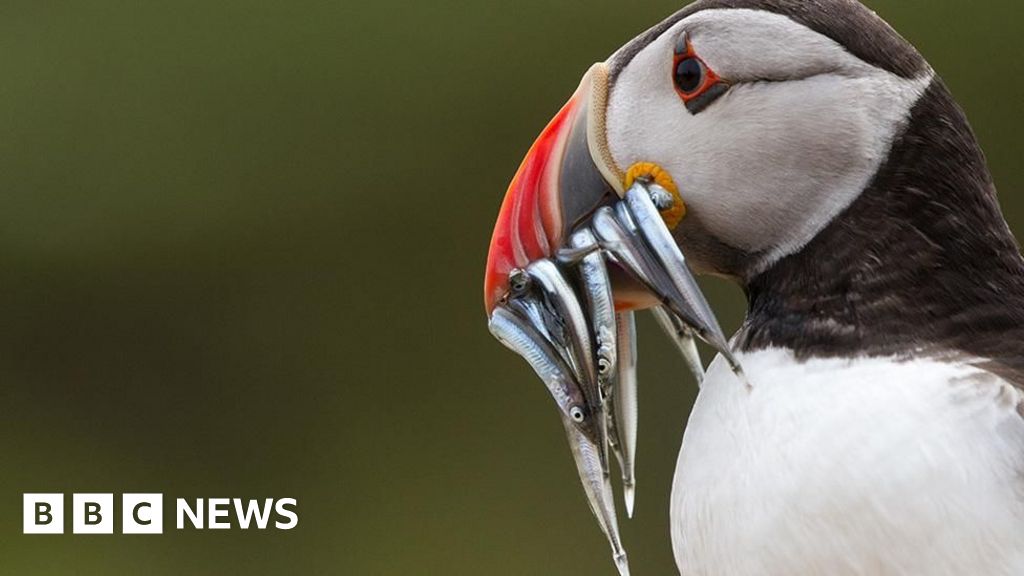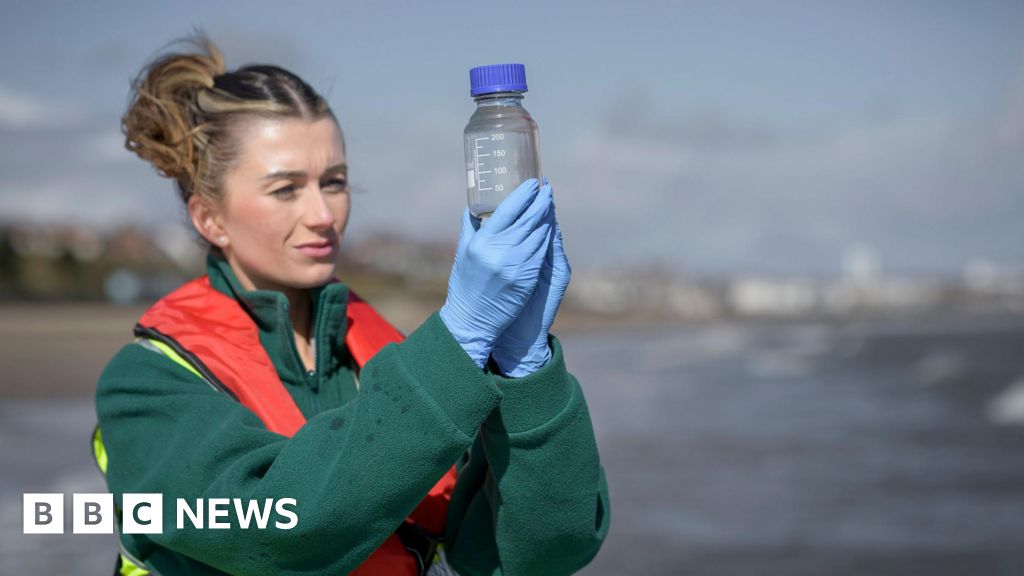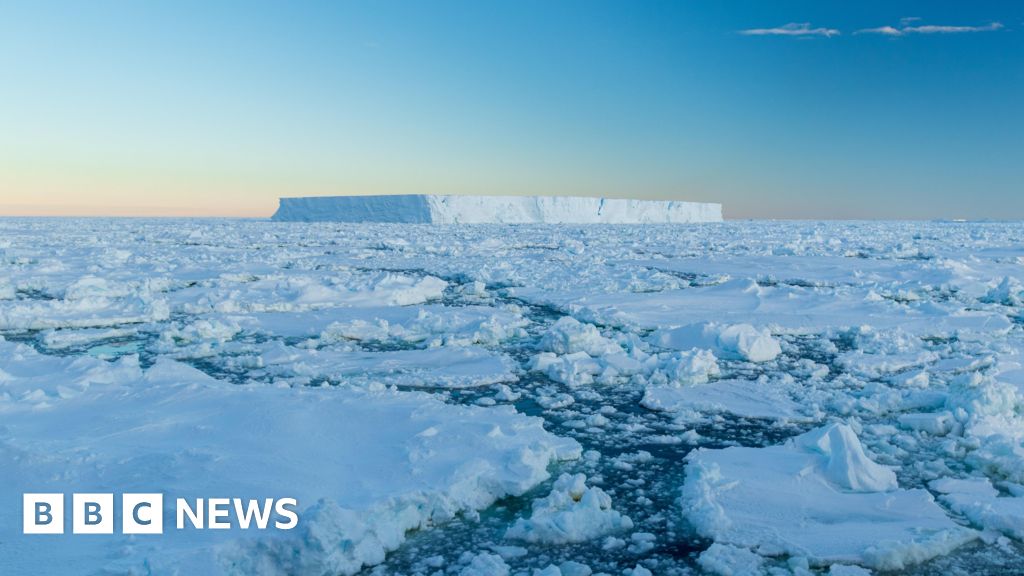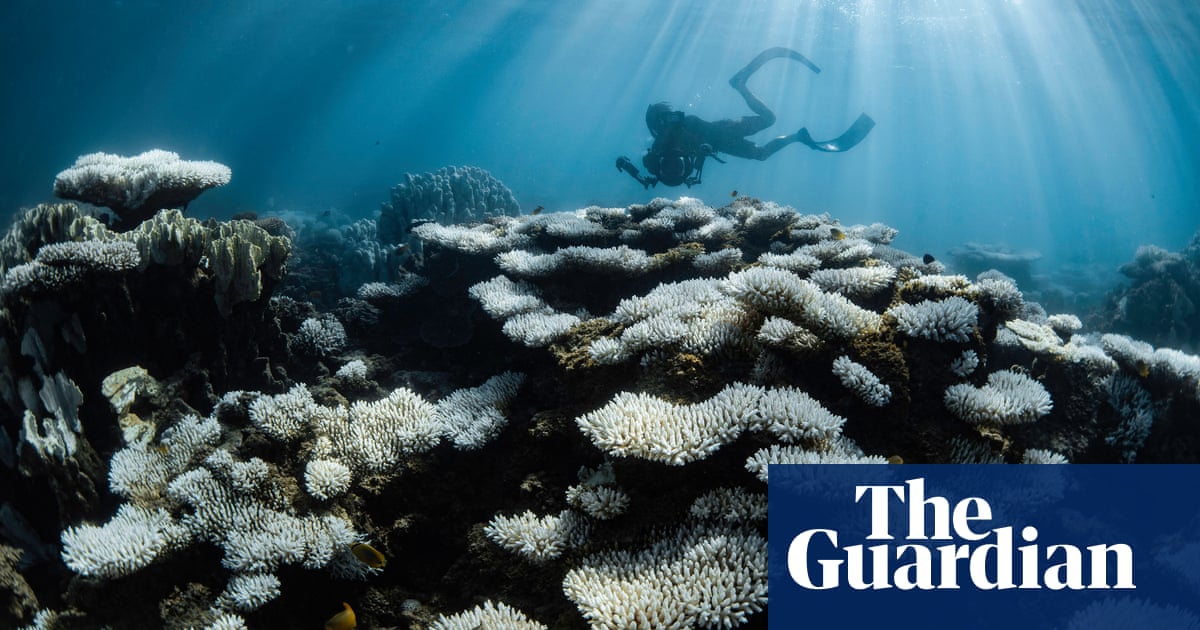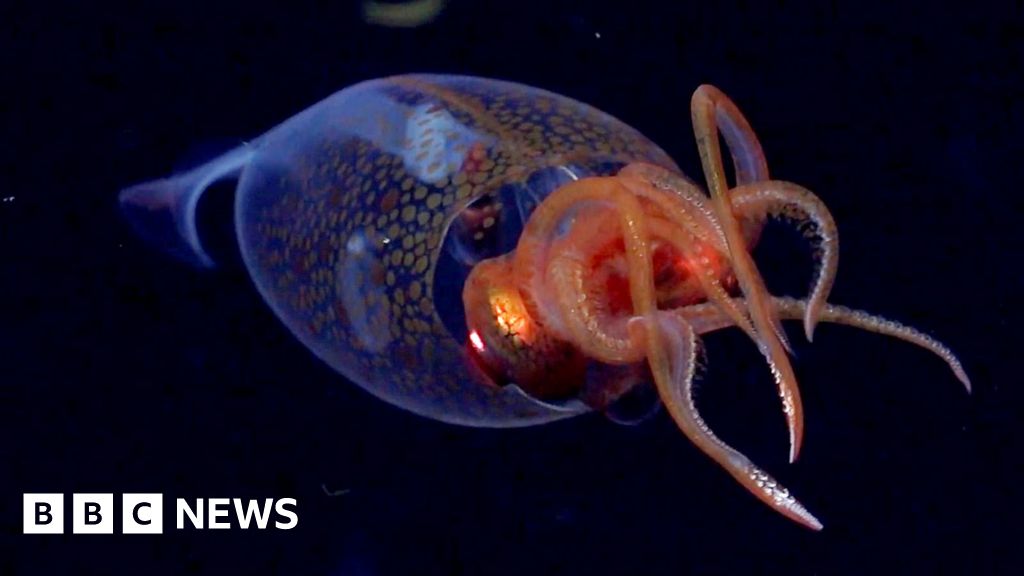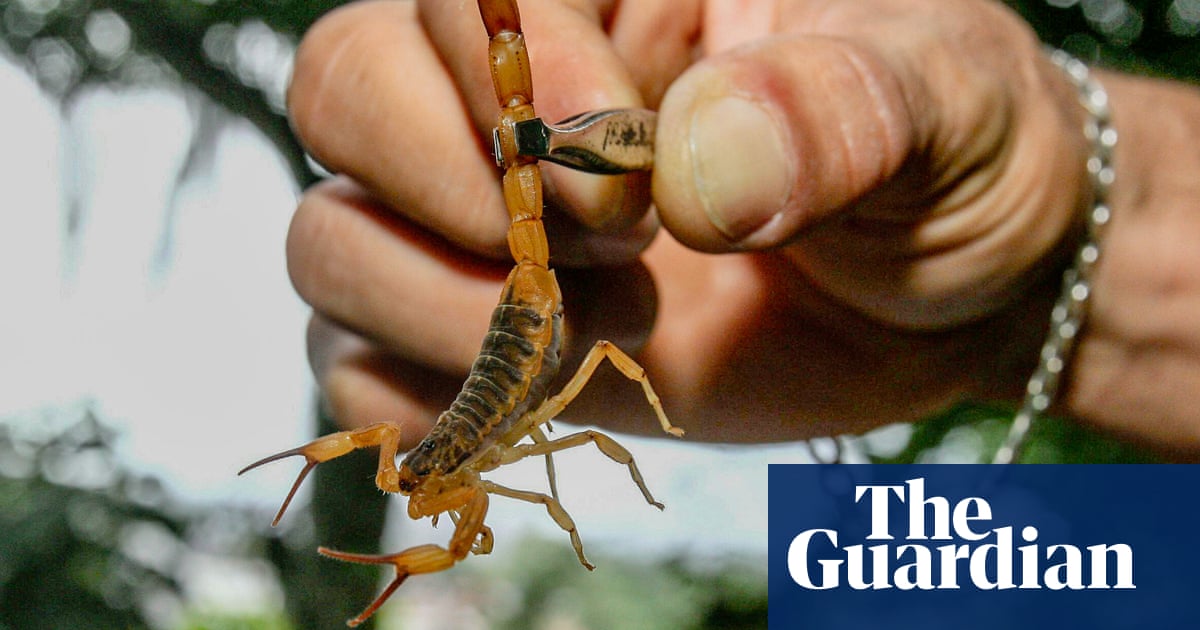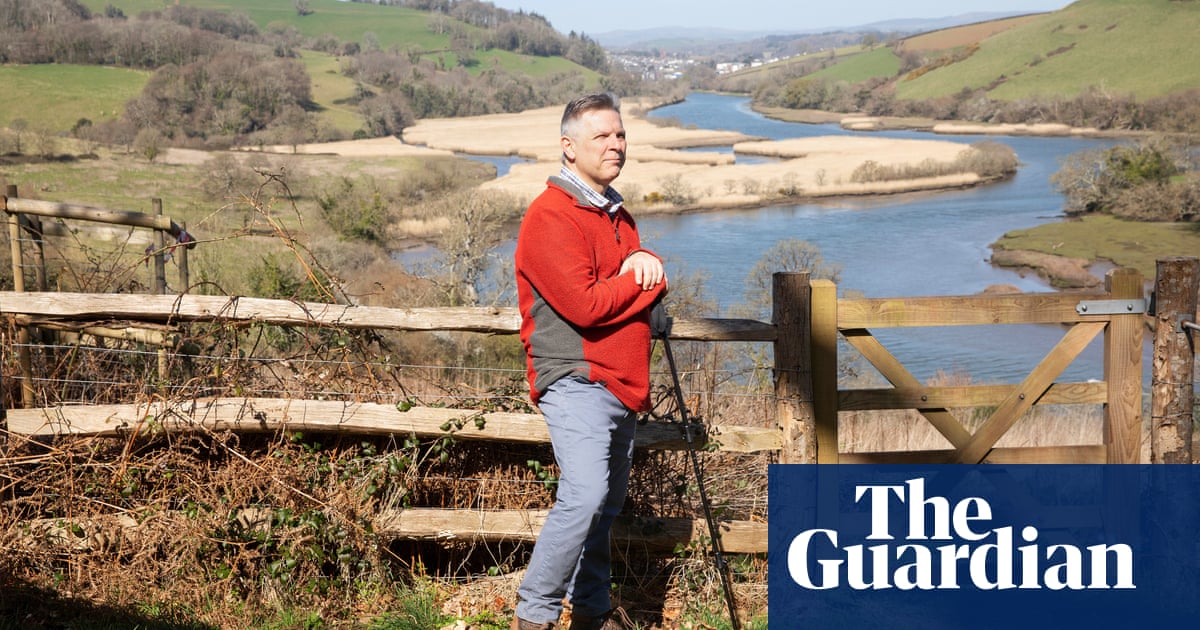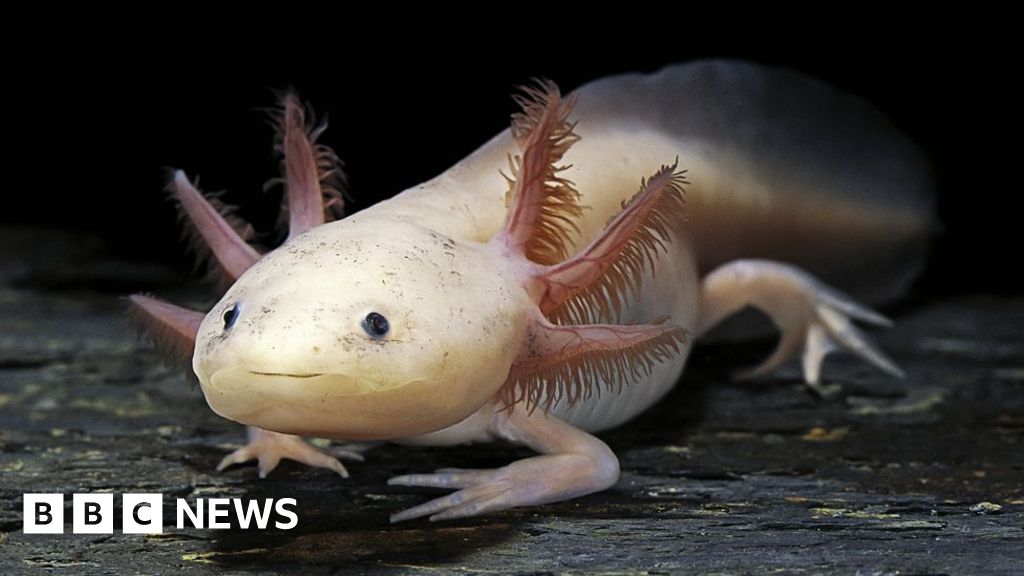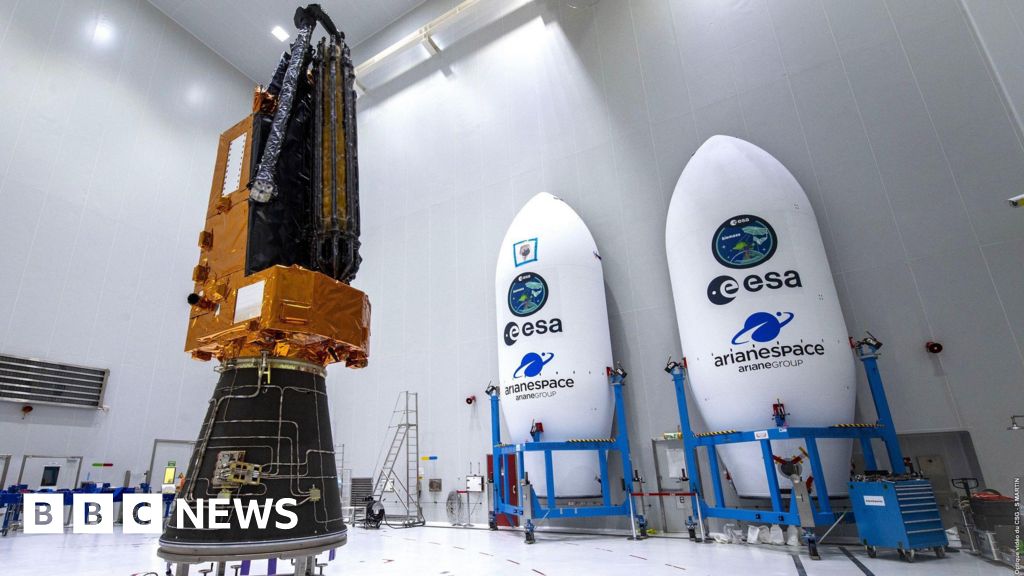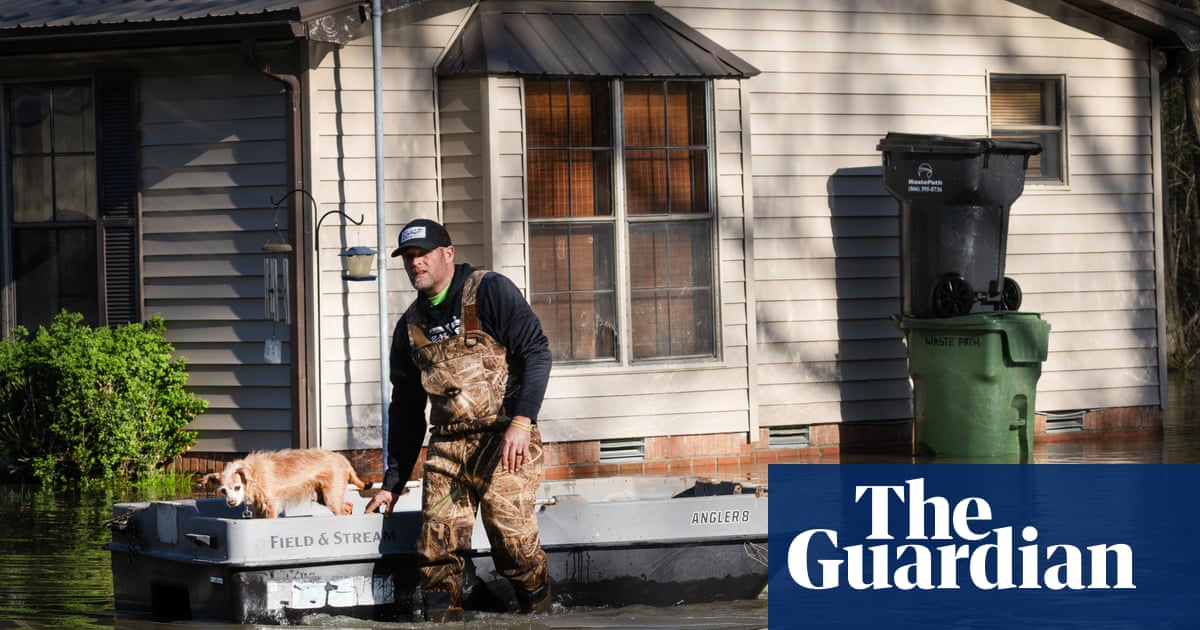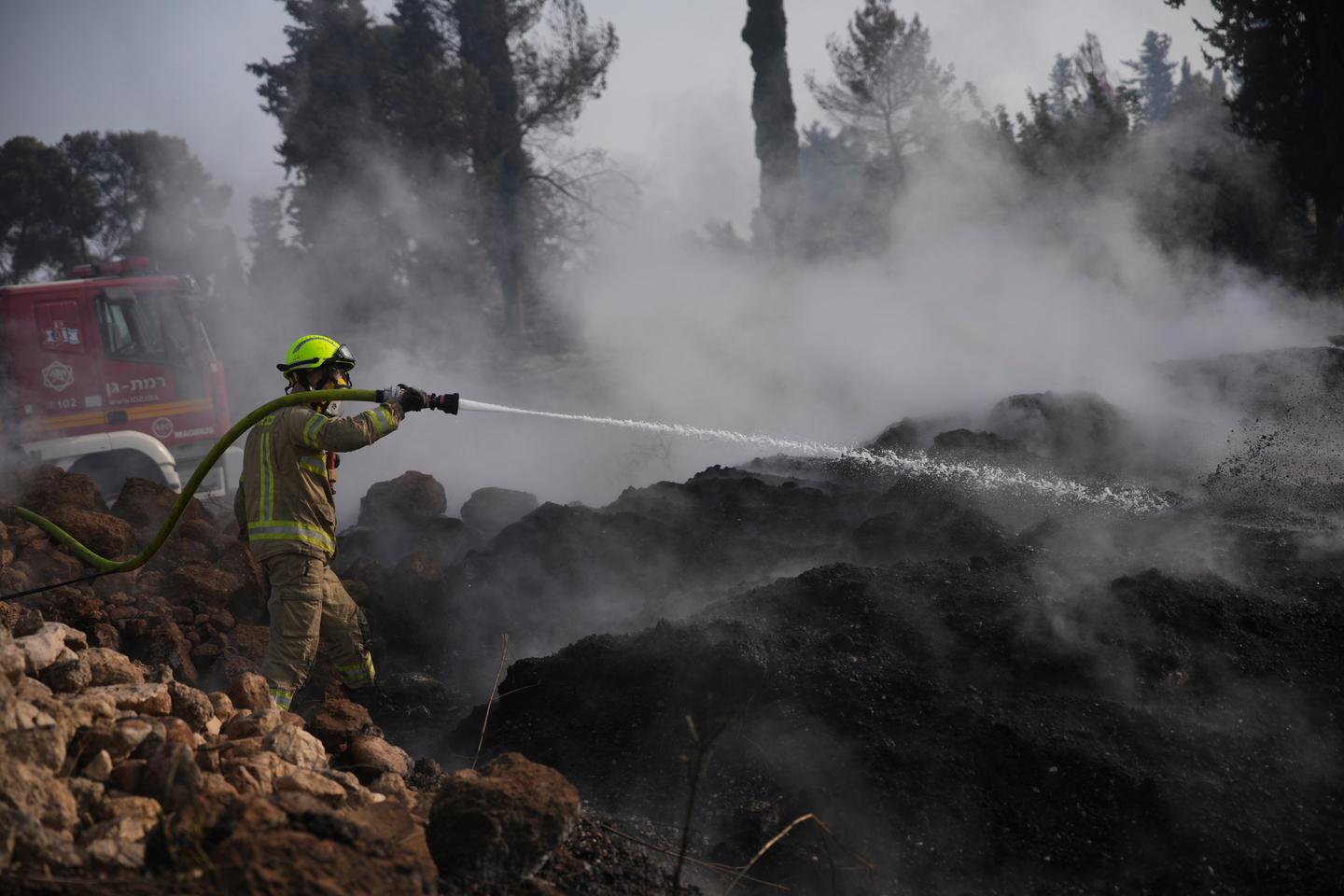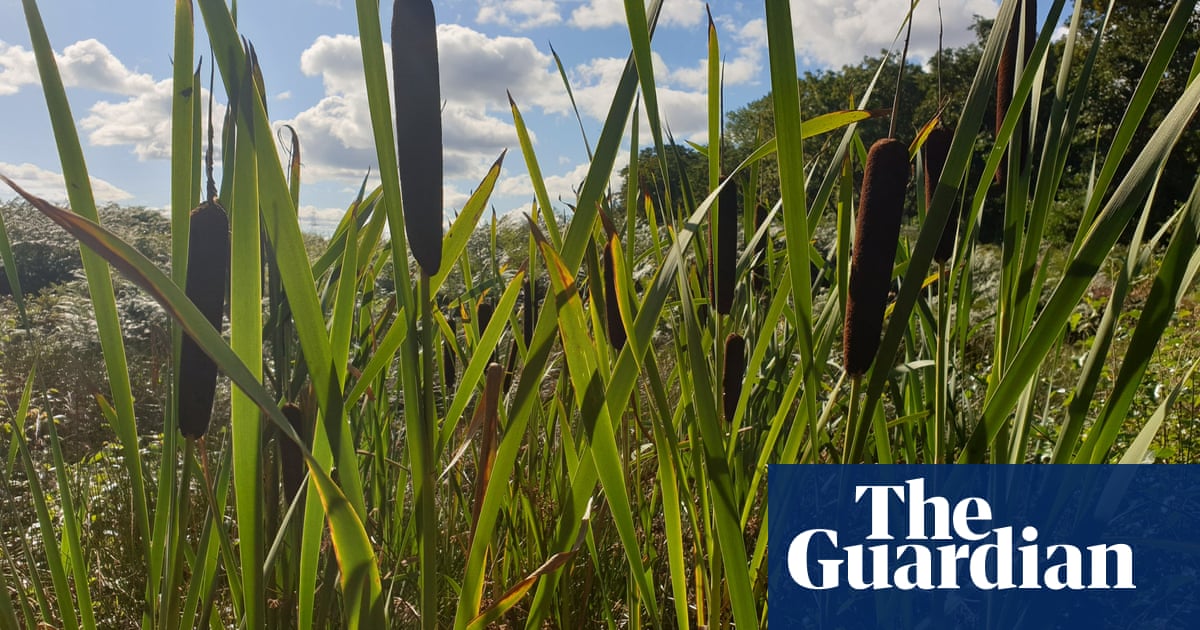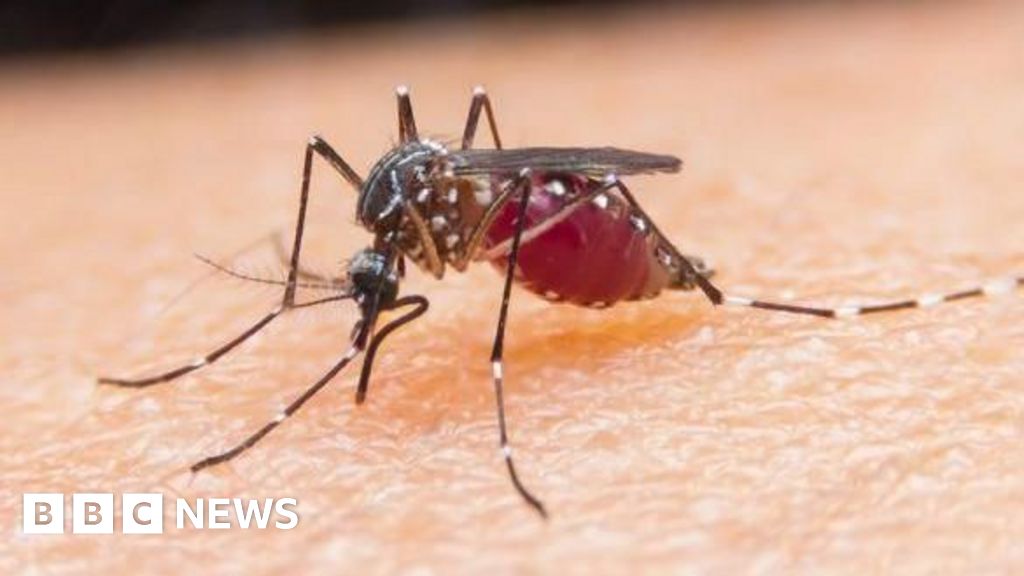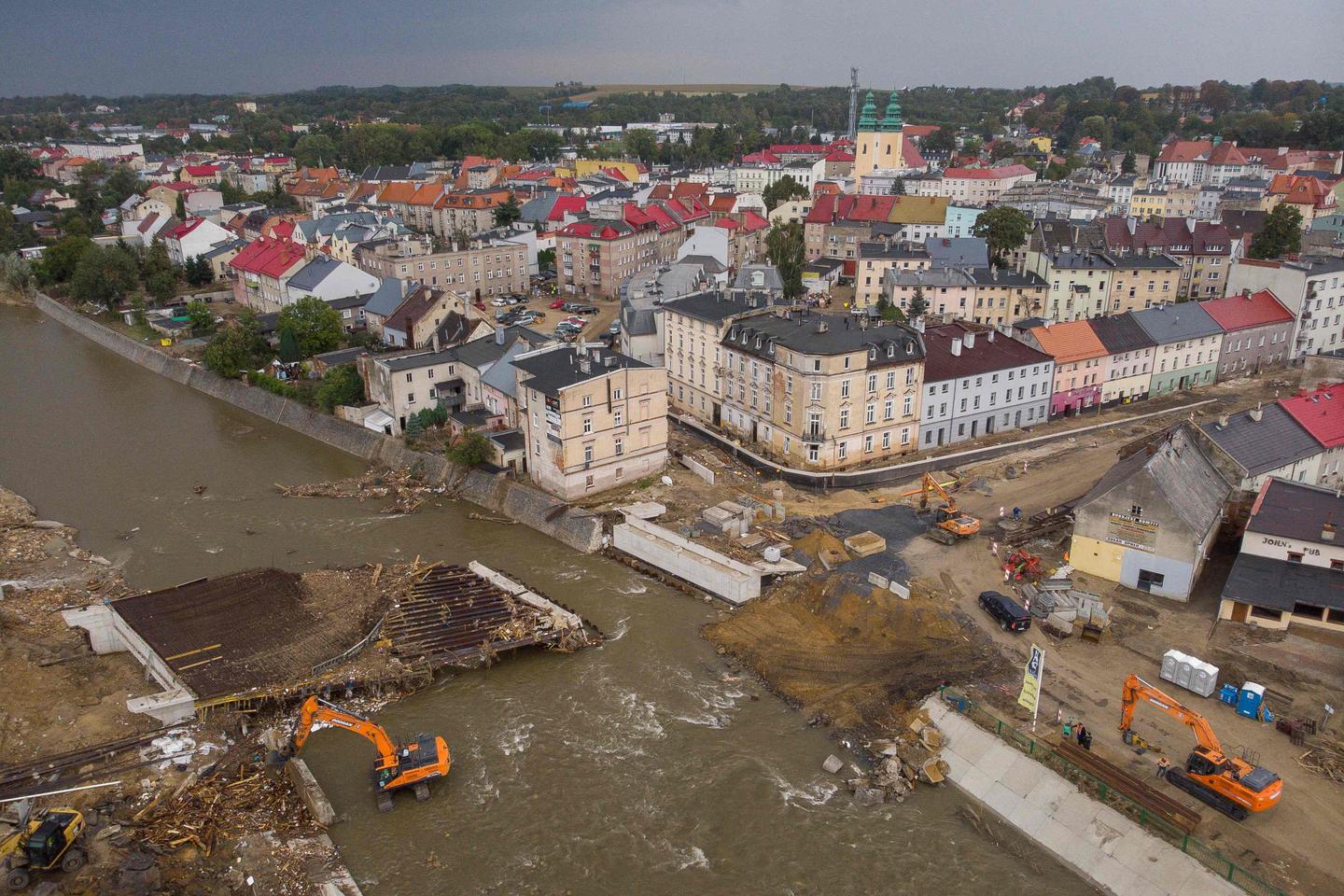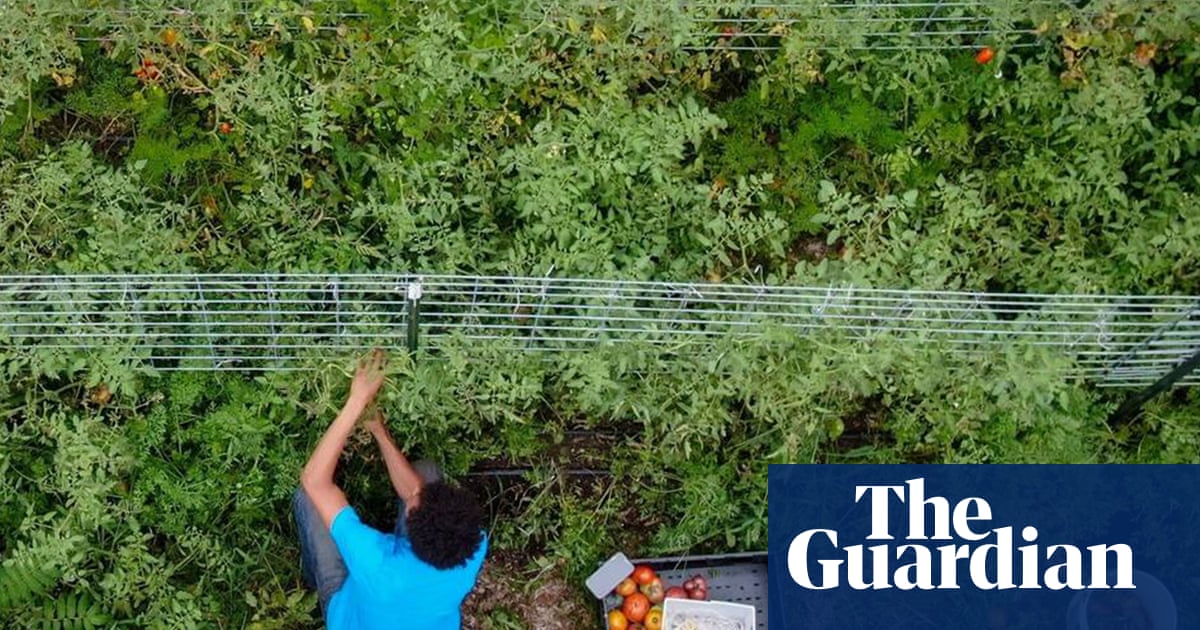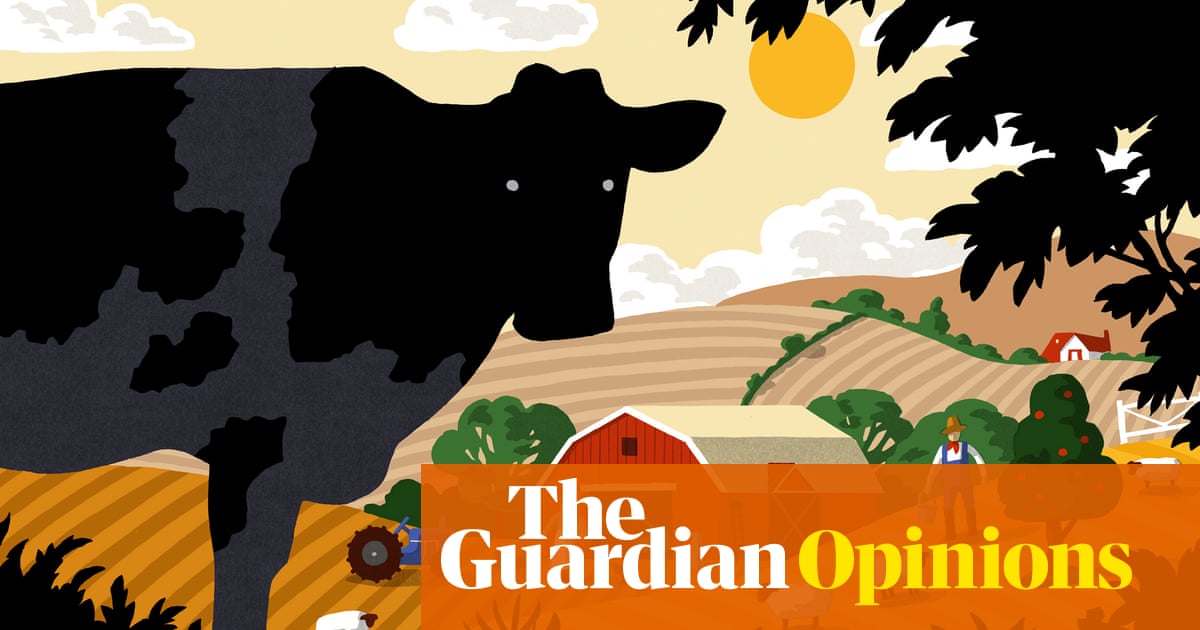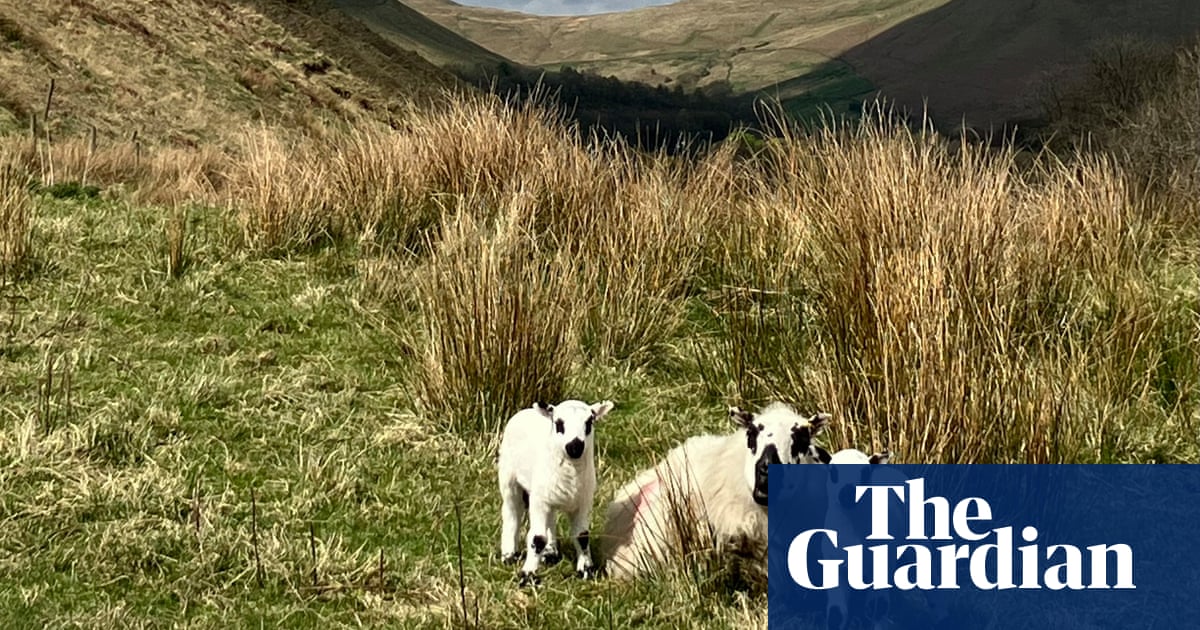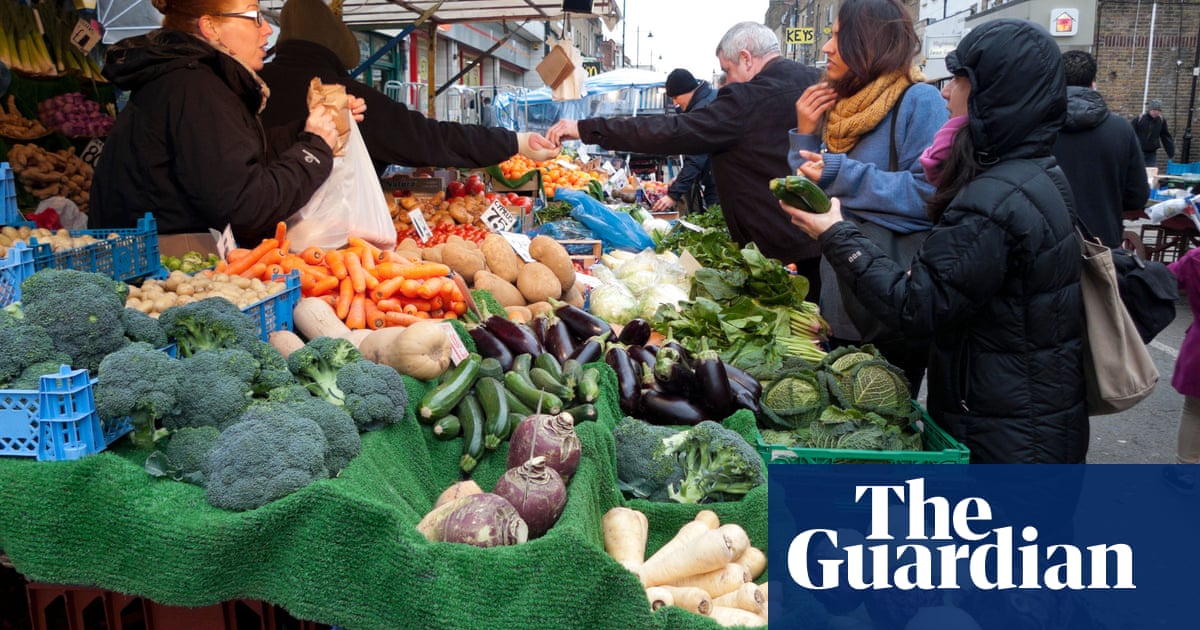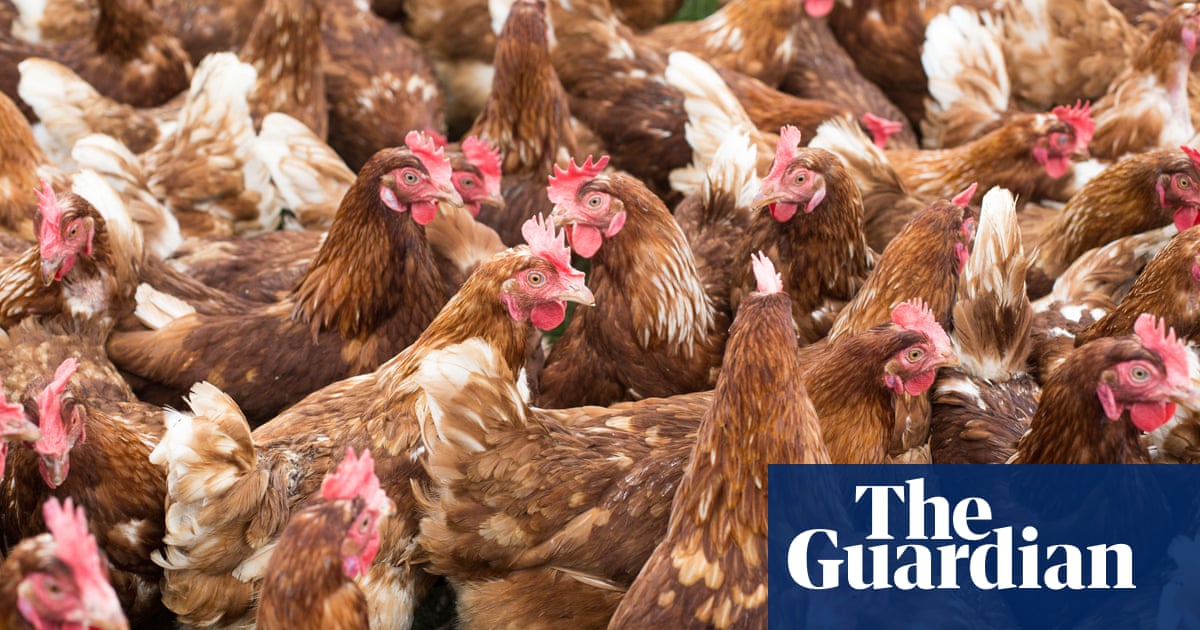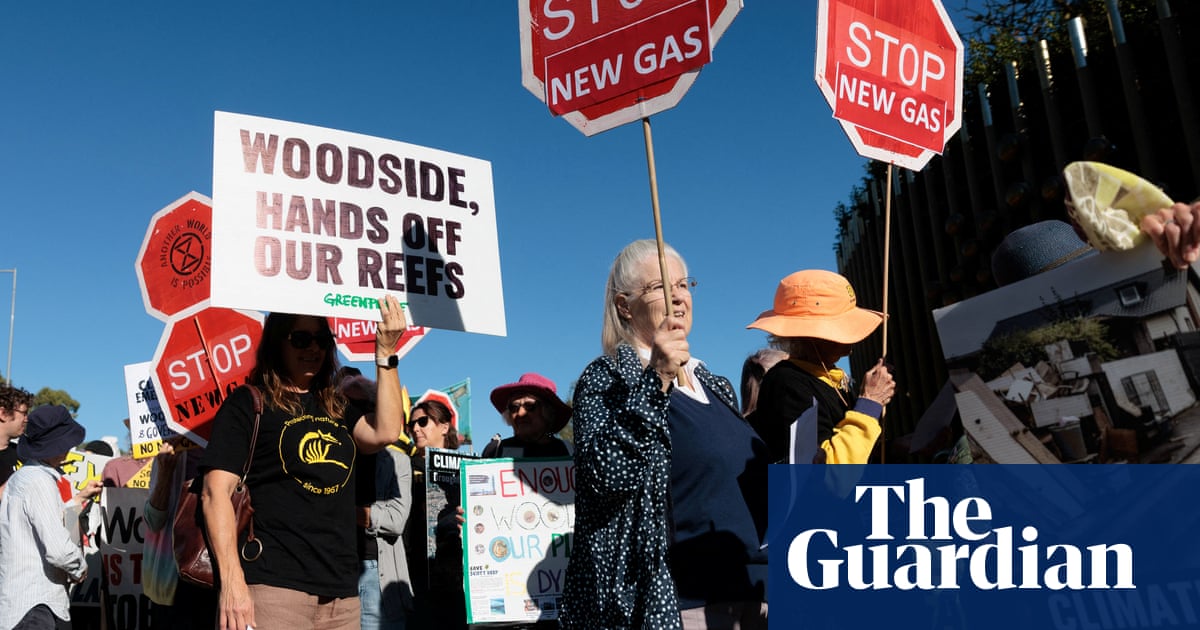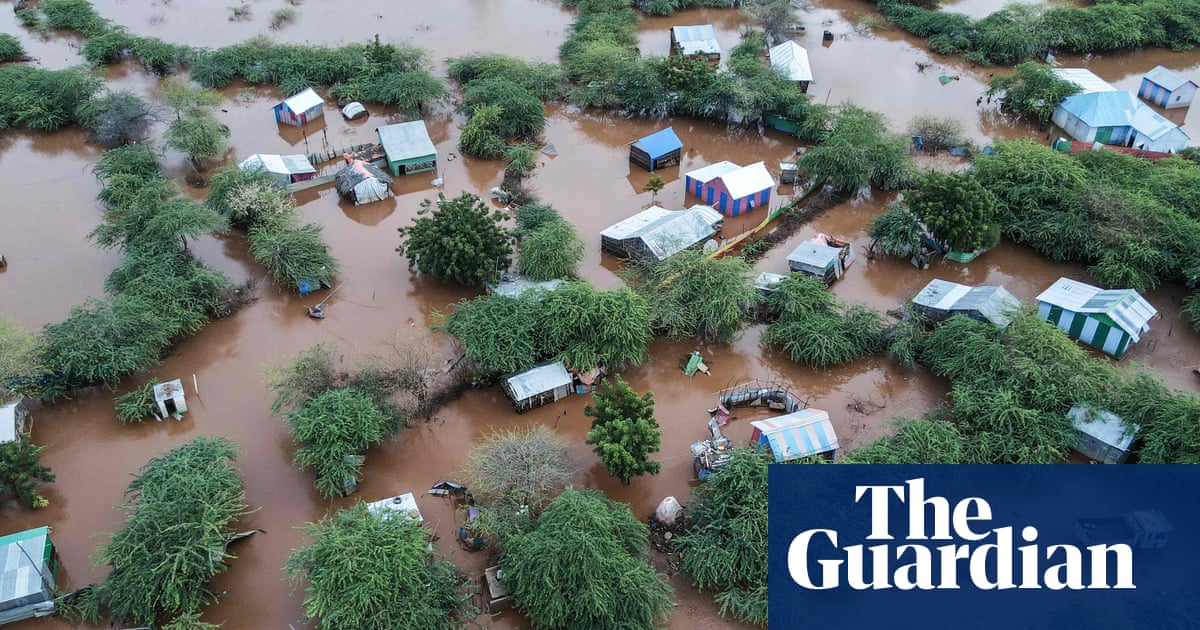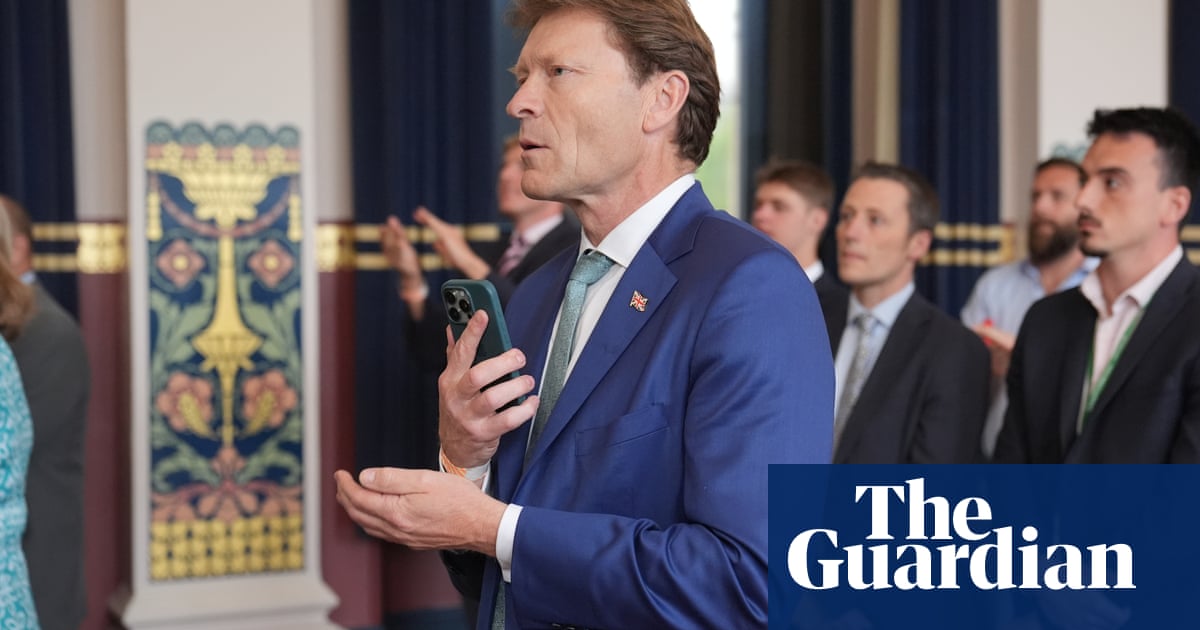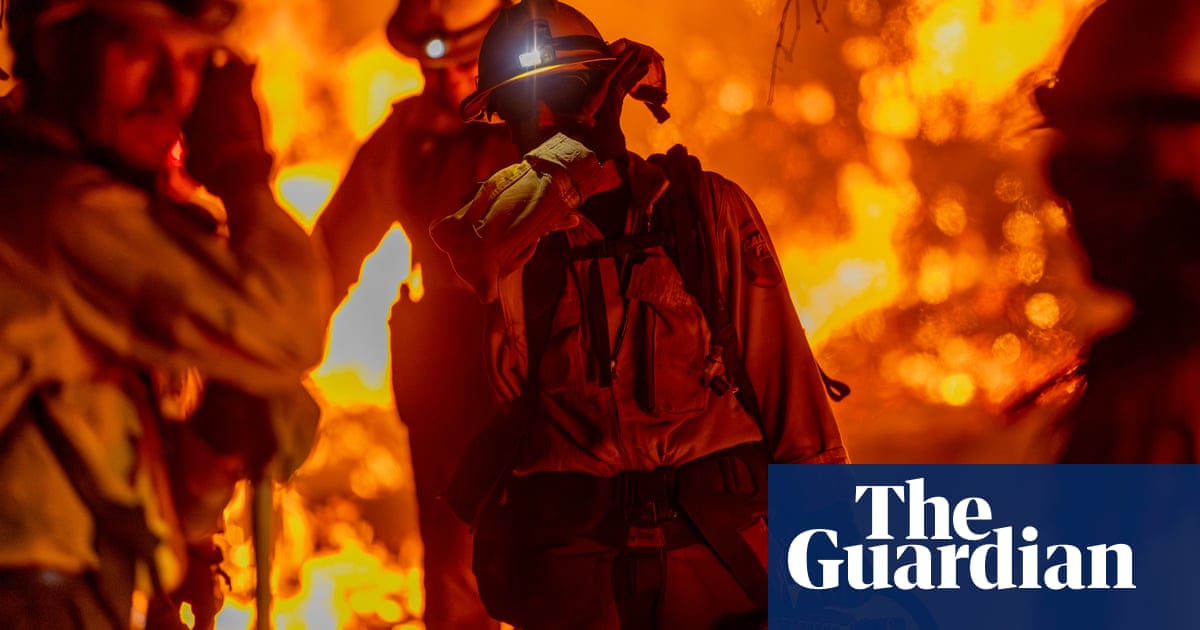Climate Causes

“Over 75% of all charitable donations go to just 2% of charities – typically the ones that can afford big ad campaigns. The charities below have been selected on the basis of impact, not marketing footprint.”
![]() John Spiers / Cause Curator
John Spiers / Cause Curator
💨 Carbon Reduction
Curated by John Spiers
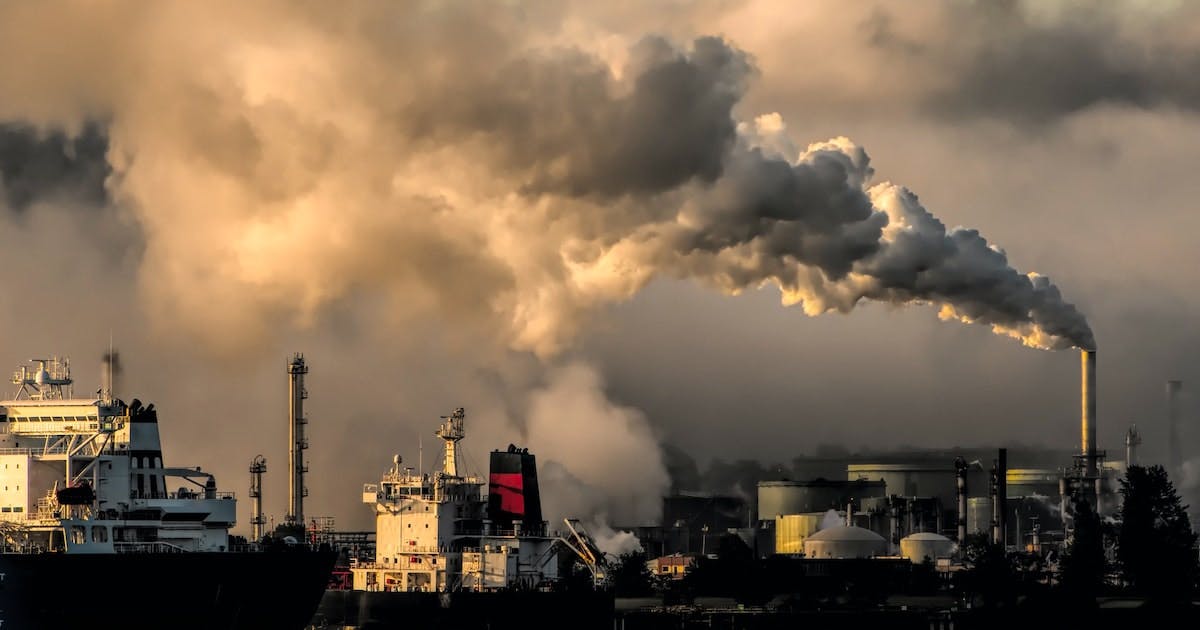
If we want to sustain life on this planet we need to cut our carbon emissions, while also dealing with the excess of carbon in our atmosphere already wreaking havoc on our climate. Science is leading the way in this field. There are a handful of seriously impressive organisations leading the way in global pollution control as well as funding research into clean energy production and carbon removal. Things like carbon capture technology and bio energy are exciting, modern innovations being explored. But simpler solutions that already exist in nature such as healthy soil management are also being promoted.
If we want to sustain life on this planet we need to cut our carbon emissions, while also dealing with the excess of carbon in our atmosphere already wreaking havoc on our climate. Science is leading the way in this field. There are a handful of seriously impressive organisations leading the way in global pollution control as well as funding research into clean energy production and carbon removal. Things like carbon capture technology and bio energy are exciting, modern innovations being explored. But simpler solutions that already exist in nature such as healthy soil management are also being promoted.
Curator's selection
DonateDonations to Carbon Reduction are split equally between these charities. Zero platform fees.
 Clean Air Task Force
Clean Air Task Force
Averting climate disaster through tech innovation and policy change
 Carbon180
Carbon180
On a mission to build a world that removes more carbon that it emits
News
🐋 Marine Conservation
Curated by John Spiers
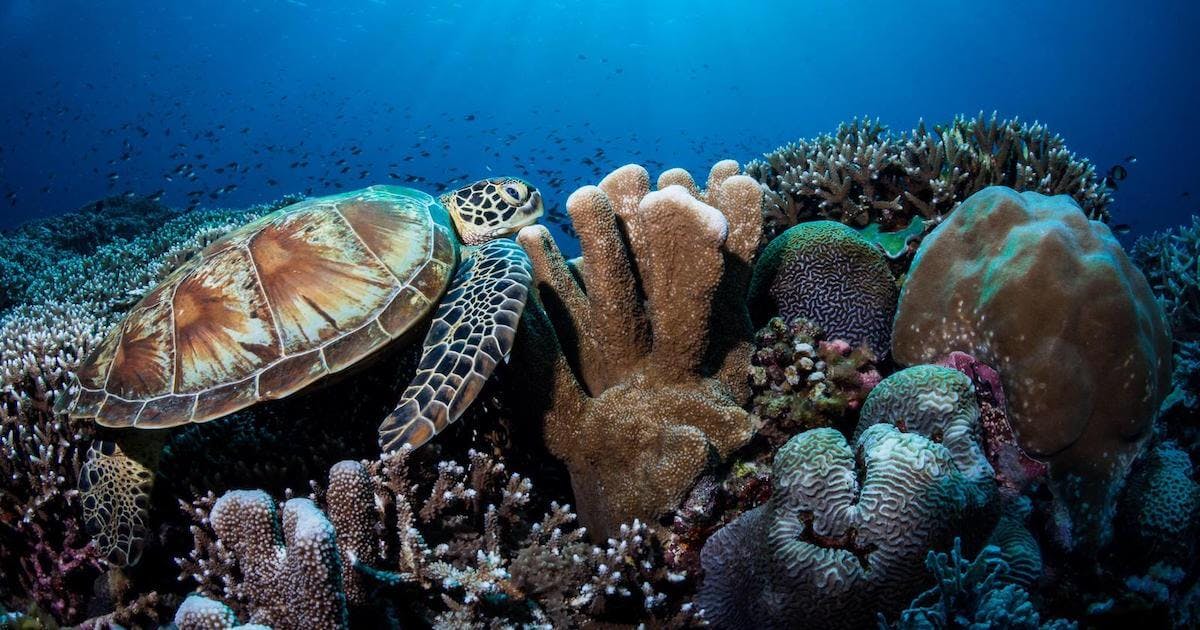
The ocean is a total powerhouse when it comes to regulating the Earth’s climate - it stores carbon, generates oxygen, houses marine species and is a source of food and income for billions of people. Yet pollution, global warming and overfishing have wreaked havoc on marine ecosystems. It’s estimated that 8 million macro and micro pieces of plastic are released into our oceans every day, killing 100,000 marine mammals and 1 million seabirds every year. Some estimates predict more than 90% of the ocean's top predators were wiped out in the last 55 years and 30% of coral reefs have been killed. Furthermore, the availability of fish has already started declining, with climate-induced losses reaching highs of 35% in the North Sea. It is crucial we act to protect our oceans by securing marine protected areas, by revolutionising how we fish and by working with governments to improve environmental legislation.
The ocean is a total powerhouse when it comes to regulating the Earth’s climate - it stores carbon, generates oxygen, houses marine species and is a source of food and income for billions of people. Yet pollution, global warming and overfishing have wreaked havoc on marine ecosystems. It’s estimated that 8 million macro and micro pieces of plastic are released into our oceans every day, killing 100,000 marine mammals and 1 million seabirds every year. Some estimates predict more than 90% of the ocean's top predators were wiped out in the last 55 years and 30% of coral reefs have been killed. Furthermore, the availability of fish has already started declining, with climate-induced losses reaching highs of 35% in the North Sea. It is crucial we act to protect our oceans by securing marine protected areas, by revolutionising how we fish and by working with governments to improve environmental legislation.
Curator's selection
DonateDonations to Marine Conservation are split equally between these charities. Zero platform fees.
 Blue Marine Foundation
Blue Marine Foundation
Restoring our oceans to health through groundbreaking conservation work
 Surfers Against Sewage
Surfers Against Sewage
Campaigning for cleaner, safer seas
News
🌲 Forest Conservation
Curated by John Spiers
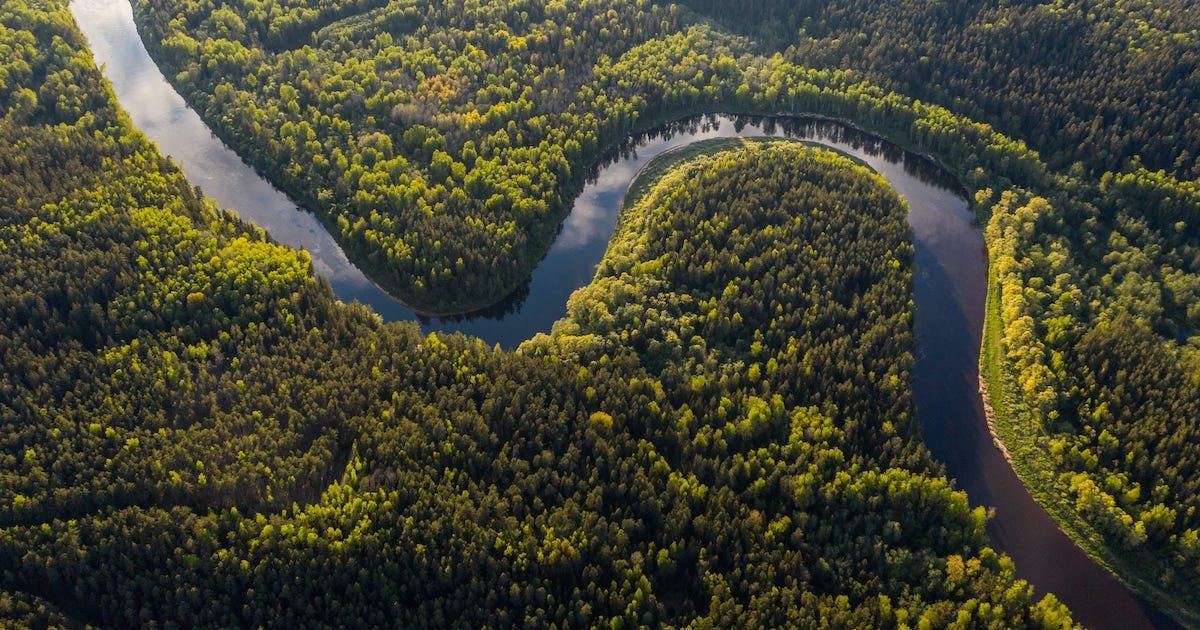
Forests are home to millions of indigenous people, 80% of terrestrial biodiversity and play a critical role in regulating the global ecosystem. These vital habitats store huge quantities of carbon, regulate the water cycle and protect against soil erosion. Unfortunately, human activities such as logging, poaching and agriculture are destroying 75,000 acres of rainforest every day. Preserving remaining forest is an immediate and lasting intervention for combating climate change. A couple of standout charities, in collaboration with local communities, are making significant strides in this area through land acquisition, planting trees, and stopping harmful development projects.
Forests are home to millions of indigenous people, 80% of terrestrial biodiversity and play a critical role in regulating the global ecosystem. These vital habitats store huge quantities of carbon, regulate the water cycle and protect against soil erosion. Unfortunately, human activities such as logging, poaching and agriculture are destroying 75,000 acres of rainforest every day. Preserving remaining forest is an immediate and lasting intervention for combating climate change. A couple of standout charities, in collaboration with local communities, are making significant strides in this area through land acquisition, planting trees, and stopping harmful development projects.
Curator's selection
DonateDonations to Forest Conservation are split equally between these charities. Zero platform fees.
 Rainforest Trust UK
Rainforest Trust UK
Placing threatened rainforests under permanent protection
 Global Canopy
Global Canopy
World-leading data to assess, track and act on deforestation
News
🌞 Climate Resilience
Curated by John Spiers
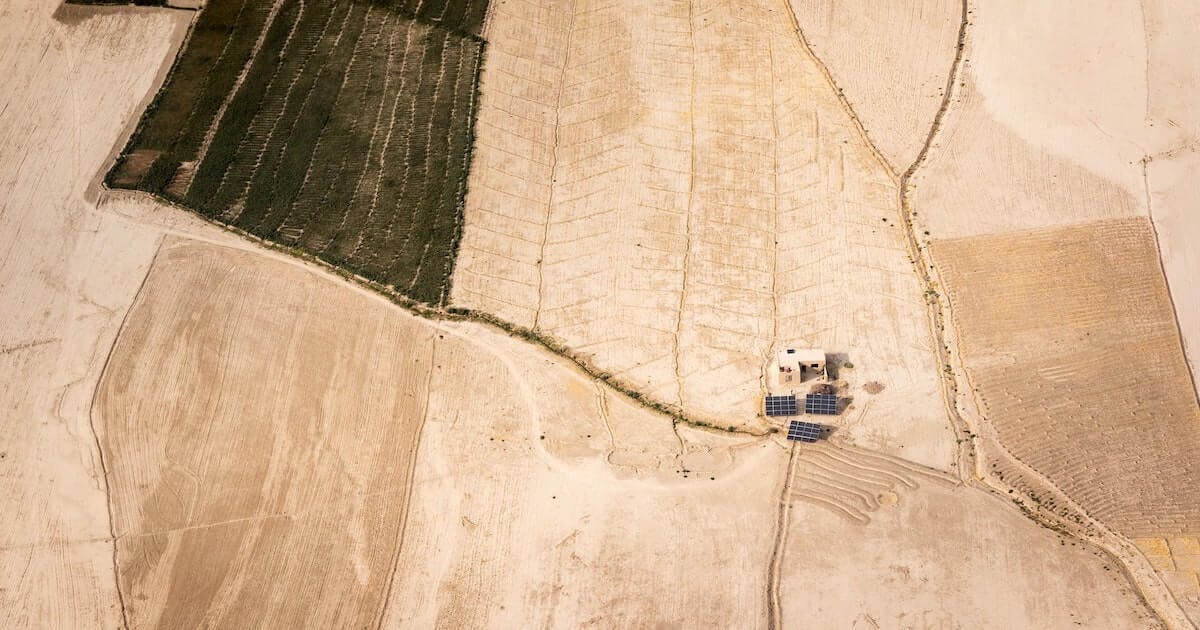
Access to water and energy are two vital rights that many of us take for granted. But 600 million people in sub-Saharan Africa have no access to electricity and more than 650 million people worldwide don't have access to safe water. These facts are made even more alarming when you realise how poverty and climate change are cruelly interlinked. One consequence of global warming is the process of desertification, whereby fertile land turns to desert, devoid of water. The repercussions of desertification are unsurprisingly catastrophic for the people and various species who call these areas home. In other areas, it’s the lack of access to clean energy which creates a reliance on environmentally harmful energy sources such as kerosene lamps which emit toxic smoke and black carbon, a significant contributor to global warming. In order to simultaneously protect our planet and our people, we must invest in projects that champion clean energy solutions, and which work together with communiti
Access to water and energy are two vital rights that many of us take for granted. But 600 million people in sub-Saharan Africa have no access to electricity and more than 650 million people worldwide don't have access to safe water. These facts are made even more alarming when you realise how poverty and climate change are cruelly interlinked. One consequence of global warming is the process of desertification, whereby fertile land turns to desert, devoid of water. The repercussions of desertification are unsurprisingly catastrophic for the people and various species who call these areas home. In other areas, it’s the lack of access to clean energy which creates a reliance on environmentally harmful energy sources such as kerosene lamps which emit toxic smoke and black carbon, a significant contributor to global warming. In order to simultaneously protect our planet and our people, we must invest in projects that champion clean energy solutions, and which work together with communiti
Curator's selection
DonateDonations to Climate Resilience are split equally between these charities. Zero platform fees.
 Sand Dams Worldwide
Sand Dams Worldwide
Combatting desertification through water and soil conservation
 SolarAid
SolarAid
Tackling poverty and climate change, one solar light at a time
News
🥕 Food & Agriculture
Curated by John Spiers
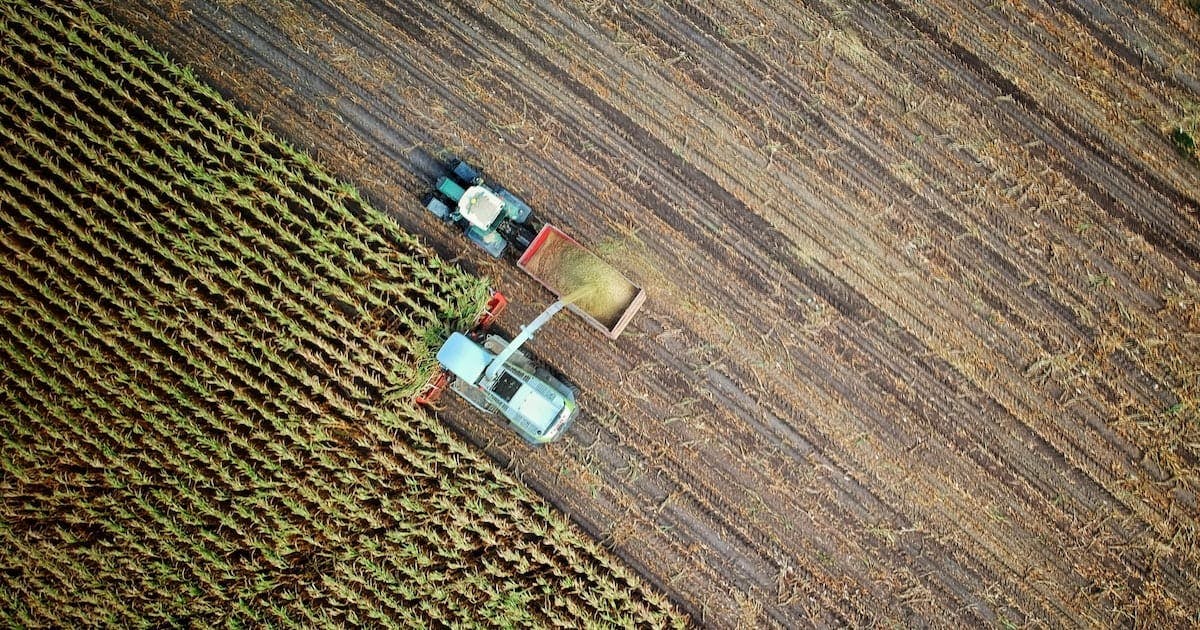
Food, agriculture and the climate crisis are inextricably linked. In fact agriculture reportedly represents a quarter of the world’s greenhouse gas emissions and is the leading cause of deforestation around the world. Evidently things can’t go on like this, but the world also needs to eat. So what’s the answer? Realistically what’s needed is a combination of approaches including changes to our diet, food waste reduction and a move to less intensive farming. Yet a growing population and a steep increase in meat consumption (among other things) complicates things. Fortunately there are organisations and forward thinking farmers out there fighting for positive change in the form of regenerative agriculture, sustainable fishing and the development of ‘cultivated meat’. As consumers we have an opportunity to support this movement through the food we buy. But we can also fast-forward progress by financially getting behind the organisations leading the way in sustainable food production.
Food, agriculture and the climate crisis are inextricably linked. In fact agriculture reportedly represents a quarter of the world’s greenhouse gas emissions and is the leading cause of deforestation around the world. Evidently things can’t go on like this, but the world also needs to eat. So what’s the answer? Realistically what’s needed is a combination of approaches including changes to our diet, food waste reduction and a move to less intensive farming. Yet a growing population and a steep increase in meat consumption (among other things) complicates things. Fortunately there are organisations and forward thinking farmers out there fighting for positive change in the form of regenerative agriculture, sustainable fishing and the development of ‘cultivated meat’. As consumers we have an opportunity to support this movement through the food we buy. But we can also fast-forward progress by financially getting behind the organisations leading the way in sustainable food production.
Curator's selection
DonateDonations to Food & Agriculture are split equally between these charities. Zero platform fees.
 Sustainable Food Trust
Sustainable Food Trust
Accelerating the move to sustainable food and farming systems
 Good Food Institute
Good Food Institute
Reimagining meat production for the sake of the planet
News
📚 Education & Advocacy
Curated by John Spiers

It often feels like we’re waiting for major change to come top down. But don’t underestimate the power of a well informed public - this puts pressure on governments and businesses, and that drives change. Environmentally-damaging habits are ingrained in modern life. We rely heavily on plastic, we’re addicted to fast fashion and it’s estimated that £13 billion of edible food is thrown away from homes every year. All this has become the norm. A handful of incredible charities recognise the power of public opinion as well as the danger of a population disengaged with nature. By educating new generations of conservationists, and by challenging the status quo, these organisations are enabling systemic change among the mainstream.
It often feels like we’re waiting for major change to come top down. But don’t underestimate the power of a well informed public - this puts pressure on governments and businesses, and that drives change. Environmentally-damaging habits are ingrained in modern life. We rely heavily on plastic, we’re addicted to fast fashion and it’s estimated that £13 billion of edible food is thrown away from homes every year. All this has become the norm. A handful of incredible charities recognise the power of public opinion as well as the danger of a population disengaged with nature. By educating new generations of conservationists, and by challenging the status quo, these organisations are enabling systemic change among the mainstream.
Curator's selection
DonateDonations to Education & Advocacy are split equally between these charities. Zero platform fees.
 Action for Conservation
Action for Conservation
Inspiring and empowering young people to protect the natural world
 ClientEarth
ClientEarth
Using law as a tool to protect our planet
News
Join our growing community
Free credit
- We'll start you off with £10 free credit towards your chosen causes so you have a chance to see how Tythe works.
Zero platform fees
- We don't charge any admin fee or commission on donations. Your charities receive the full amount minus third party card fees.
Tangible impact updates
- We'll keep you engaged with the actions you're supporting, and help you understand the actual difference you're making.
